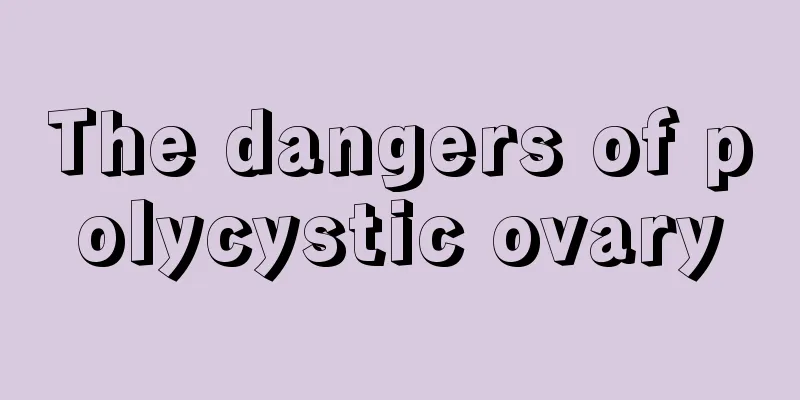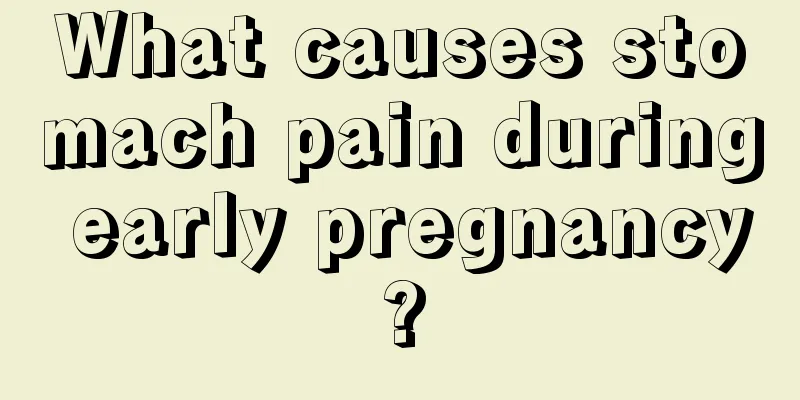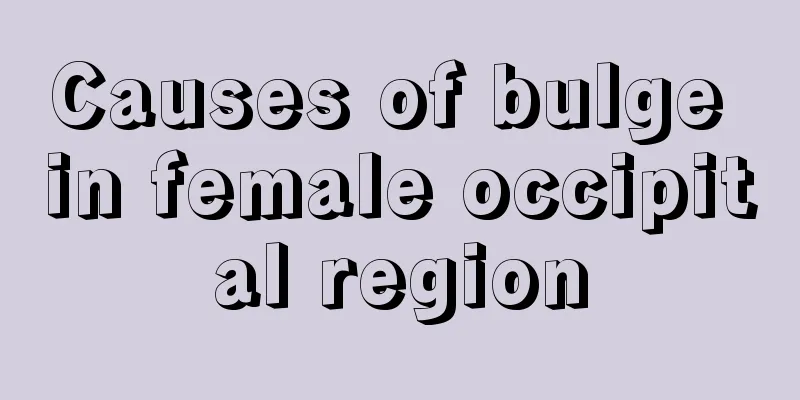The dangers of polycystic ovary

|
Polycystic ovary is an abnormal symptom that can cause infertility and hirsutism in women, as well as acne and obesity. Therefore, when polycystic ovary occurs, women should seek medical treatment in time to avoid affecting the secretion of female hormones. Now let us learn about the dangers of polycystic ovary syndrome and pay attention to ovarian care and vaginal care. Several common symptoms and hazards of polycystic ovary syndrome: Symptoms and hazards 1. Infertility Women fail to ovulate due to hormonal disorders or lack of basic ovarian function, that is, ovulation dysfunction leads to long-term infertility, and even if they become pregnant, they are prone to miscarriage. It can directly destroy women’s normal fertility, leading to fertility difficulties or infertility. Symptoms and hazards 2. Hirsutism The hairy areas are mainly the upper lip, lower jaw, around the areola, the midline below the navel, above the pubic bone, around the anus, and the base of the thighs. The hair is very dense, thick, long, and dark in color. Because of racial differences, hirsutism in Asian women is not as easily seen as in American and European women. Sometimes hair loss and acne occur at the same time. This has a serious impact on the daily life of female patients. Symptoms and hazards 3. Acne Acne is more common on the face, such as the forehead, cheeks, etc., and may also occur on the chest, back, and shoulders. It initially manifests as blackheads, and if broken, it will form papules, pustules, nodules, cysts, scars, etc. Symptoms and hazards 4. Obesity The relationship between obesity and PCOS is very complicated. It may be related to the decrease in insulin sensitivity. Even after the male hormone drops to normal levels, the symptoms of obesity still exist. Symptoms and hazards 5. Acanthosis nigricans Polycystic ovary syndrome can cause velvety, flaky hyperkeratosis and other lesions in female patients, which may cause the patient's neck, back, armpits, and breasts. There are several dietary taboos for polycystic ovary syndrome: Taboo 1: Do not eat carbohydrates alone. Try to combine them with vegetable and fruit fiber, protein or fat to slow down the absorption rate. You can eat more fresh fruits and vegetables to keep your bowel movements smooth. Taboo 2: Avoid abnormal blood lipids and eat less foods containing saturated fatty acids and hydrogenated fatty acids. Taboo 3: Choose foods with a low glycemic index: eat more whole grains, such as granular oatmeal, brown rice, whole-grain rice, and hard grain bread. |
<<: Did you have a fever before you got pregnant?
>>: What to do if you have a cough after a miscarriage
Recommend
The harm of female gonococcal vaginitis
Female friends are most afraid of a series of fem...
Light bleeding one year after menopause
A small amount of bleeding one year after menopau...
Does menthol have any effect on pregnant women?
Menthol is a traditional Chinese medicine and is ...
How to breastfeed with inverted nipples
Before each feeding, the mother gently pulls out ...
How to eat hot pot cleverly? What should mothers pay attention to when eating hot pot while breastfeeding?
Hot pot has very high calories. Due to the high t...
Women with swollen feet in late pregnancy all gave birth to daughters
Many people are very curious about the gender of ...
What to do if women's breasts sag after giving birth
A woman's body will undergo great changes bef...
[Medical Q&A] How to treat panic disorder?
Author: Wang Jinxiang, The Second Affiliated Hosp...
If the skin becomes better during pregnancy, does it mean it is a girl?
There is a rumor that if your skin becomes better...
How to regulate menstruation when it only lasts two days
Menstrual disorders are a cycle that every female...
Withdrawal bleeding 1 week later menstruation
It is very important for women to maintain a norm...
Can drinking coffee alone really help you lose weight?
Summer is here, the weather is getting hotter, an...
The fastest way to physically enlarge your breasts, giving you a proud bust
Having full and perfect breasts is the dream of m...
Peach gum = cheap bird's nest? Is it really that magical?
In the spring, peach blossoms bloomed quietly, pe...
Can I eat hot pot when I am eight months pregnant?
Hot pot is a relatively overbearing delicacy and ...









